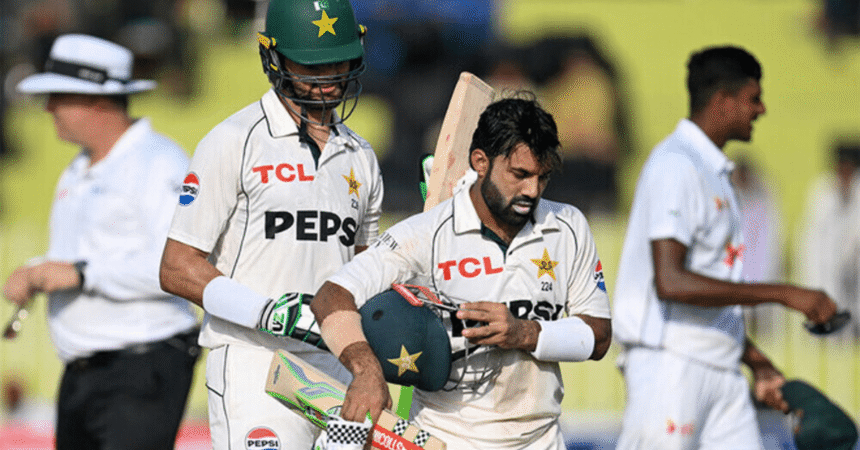Pakistan’s dismal performance in international cricket has sparked a heated debate about the toxic influence of politics in sport. The country’s recent 2-0 home series defeat to Bangladesh, which sent them plummeting to their worst Test ranking in nearly six decades, has raised alarm bells. Critics argue that nepotism and political interference are sabotaging success on the field.
At the heart of the controversy is Pakistan Cricket Board (PCB) chairman Mohsin Naqvi, who simultaneously serves as the country’s interior minister. This dual role has raised questions about his ability to focus on the sport, particularly during a time of national crisis.
The media has been scathing in its criticism, with the Express Tribune labeling the PCB chairmen since 1998 as “hand-picked favorites” who have “ruined” the game. The paper accused them of prioritizing personal agendas over the country’s cricketing interests.
The incongruity of Naqvi’s twin appointments was starkly highlighted during a recent press conference, where he discussed both a mass-casualty militant attack and cricket. The incident has sparked calls for his resignation, with even the Prime Minister’s aide, Rana Sanaullah Khan, hinting that support for Naqvi may be waning.
The situation raises fundamental questions about the role of politics in sport. Can a nation expect to succeed on the field when its cricket board is led by a politician with divided loyalties? The answer, it seems, is a resounding no.
#PakistanCricket #PoliticsInSport #PCB #MohsinNaqvi







